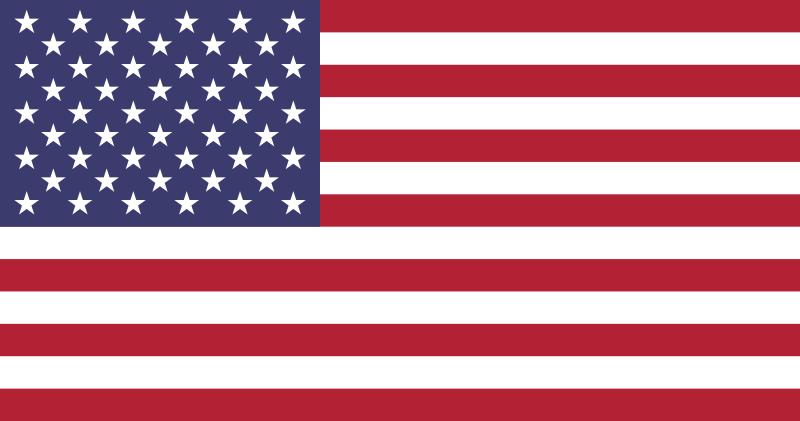1. The purpose of this notice is to confirm that February 1, 2011 marks the end of the twelve-month transition period leading up to the Canada Border Services Agency’s (CBSA) implementation of a strengthened commercial importation process respecting goods contaminated with soil and/or related matter (soil).
2. Goods contaminated with soil are not admissible into Canada. Non-compliant goods will be refused entry and ordered removed from Canada at the first point of arrival (FPOA) under the authority of the Plant Protection Act and the Health of Animals Act.
3. Under highly regulated circumstances, however, and where operational capacity exists, goods contaminated with soil may be allowed to be cleaned within a CBSA-controlled environment at the FPOA by a Canadian Food Inspection Agency (CFIA)-approved mobile wash facility. Alternatively, these goods may be allowed to proceed by a bonded carrier to a CBSA-bonded facility within the existing urban environment of the FPOA for cleaning by a CFIA-approved wash facility, provided such action will not result in the introduction of soil into the environment. Where the above-mentioned conditions cannot be met, the goods will be refused entry and ordered removed from Canada. Note: Plants and plant products are not eligible for remedial action.
4. The client is responsible for all associated costs – including the inspection, handling, transportation, storage, cleaning, and/or disposal of contaminated goods.
5. The CFIA is responsible for establishing the policy regarding the importation of goods contaminated with soil. The CBSA is responsible for administering and enforcing that policy to the extent it applies at the border.
6. This strengthened approach is in line with the CBSA’s existing commercial processes and procedures, as well as the CFIA’s policy regarding the importation of goods contaminated with soil. It further ensures that the CBSA maintains appropriate control over the contaminated goods, thereby preserving the safety and security of Canada and Canadians.
7. Inquiries and comments about this notice should be directed to:
Food, Plant and Animal Program
Programs Branch
Canada Border Services Agency
Telephone : 613-957-6868
Fax : 613-946-1520
E-mail: fpa-ava@cbsa-asfc.gc.ca

